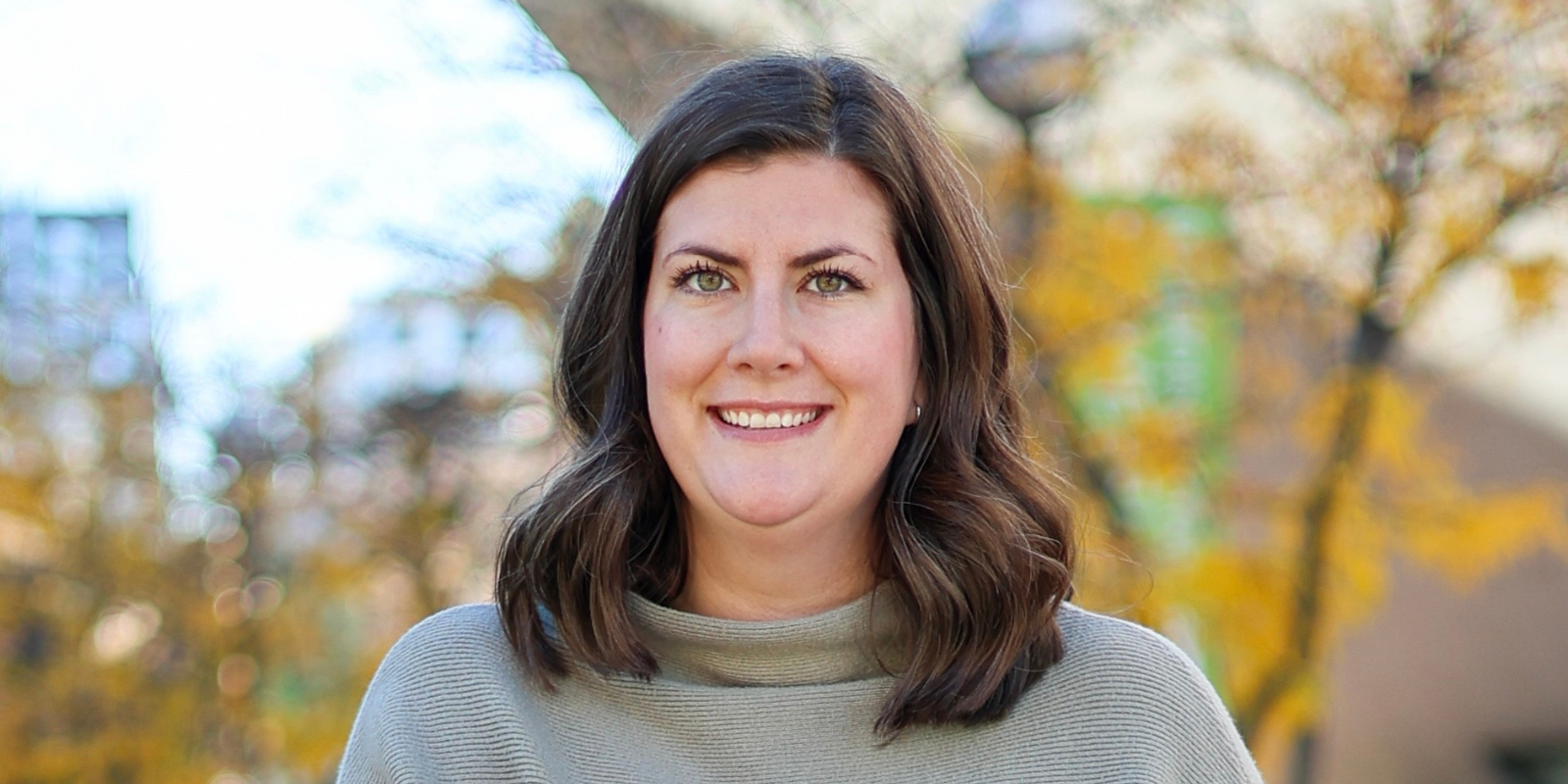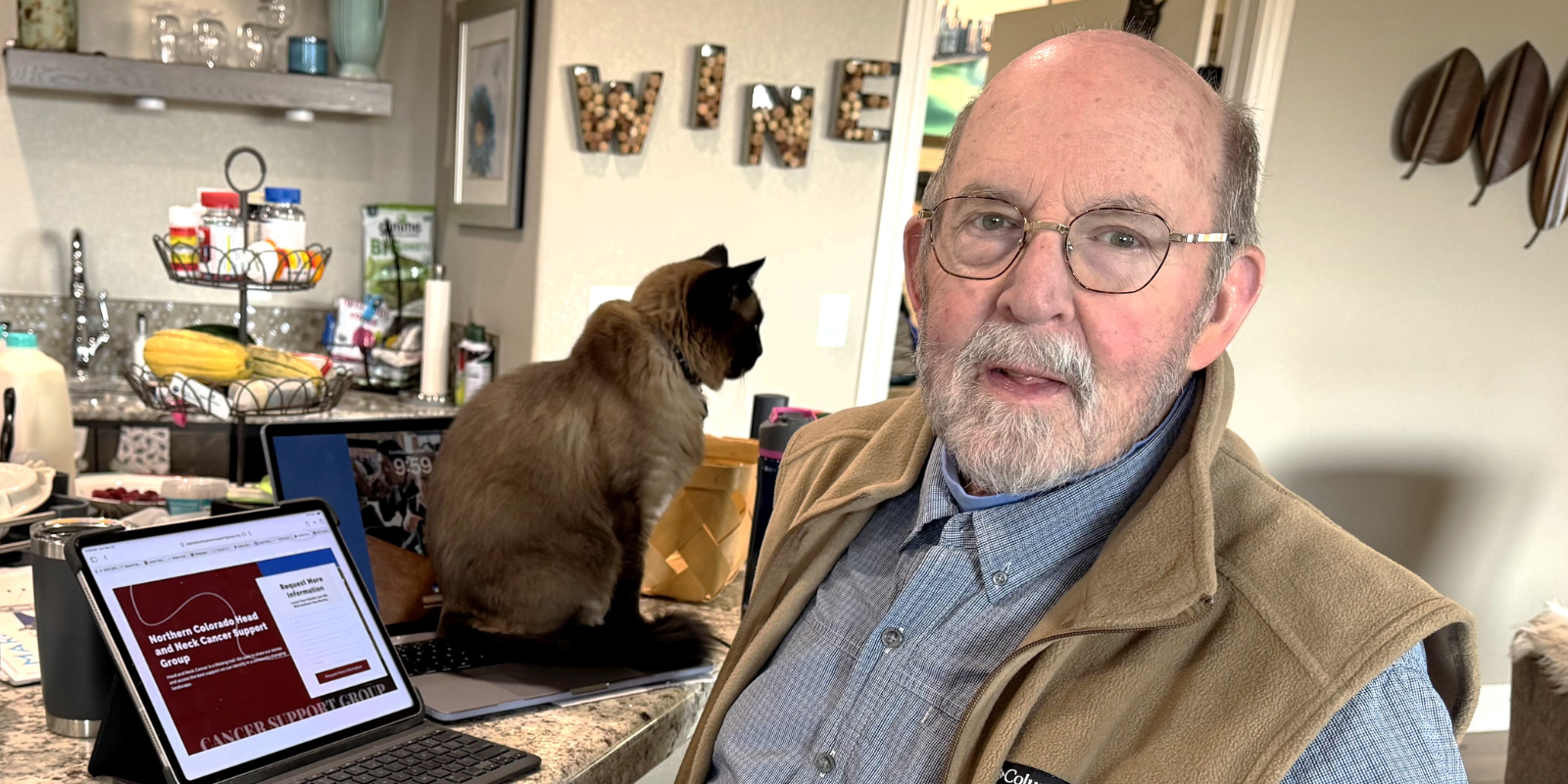It is said that ignorance is bliss. In some cases, choosing to not acknowledge a “truth” or “fact” is detrimental to an individual. However, there are times when not knowing is the thing that keeps you going. Take Lydia Mallernee for example. When she was diagnosed with cancer in March of 2018, Lydia was unaware that she had two to eight months to live.
“I didn’t want to know,” says Lydia. “I didn’t care what the prognosis was. I was not going to stop fighting my cancer.”
Lydia was diagnosed with metastatic cholangiocarcinoma, or cancer of the bile duct, following some unusual symptoms including elevated bilirubin levels and yellowing of the skin and eyes.
“They noticed that my bilirubin levels were rising, which doctors wanted to keep an eye on. Then my skin started turning yellow. We went to the ER,” says Lydia.
“They tested Lydia for everything, she had scans, blood drawn, the whole deal,” explains Mike. “After hours and hours of testing a group of doctors came into her room and told us that there was a mass on her liver. My heart stopped.”
Lydia was admitted into a community hospital where she discovered that the tumor was inoperable, and they would have to find other ways to treat it. After a few days in the hospital Lydia was feeling strong enough to get ready to go home. However, that all changed when she collapsed while walking to the bathroom.
“Lydia was declared a code blue. Tons of doctors came to her room and she was rushed to surgery. It turned out that she had three embolisms in her liver,” says Mike. “During the surgery her heart stopped, and they had to resuscitate her again. I wasn’t sure if she would make it out of that surgery.” “I prayed with all my heart and soul.”
After she stabilized, Lydia had two biliary drains placed to help drain bile that was being blocked by the tumor on her liver. She stayed in the hospital for an additional three weeks after the surgery. Lydia was not strong enough to start any treatment until June 2018. When she finally started on chemotherapy and radiation, she responded well.
“During treatment I was lucky enough to not lose a single strand of hair,” says Lydia. “We continued to live our lives the best we could. We would go up to Blackhawk in a wheelchair and get out whenever we could.”
Despite going through treatment, a scan found that the cancer had spread to Lydia’s lymph nodes and that there was not much else her care team could do. Lydia and Mike started researching other options.
A Breakthrough
In February 2019, after two inconclusive results, Lydia finally got a breakthrough; a high-level microsatellite instability from another cancer center. An MSI-H diagnosis indicates that a cancer will likely have a good response to immunotherapy.
“Once we found out that she was MSI-H, we started doing our research,” says Mike.
Research brought the Mallernee’s to the University of Colorado Cancer Center.
“We made the conscious effort to go the CU Cancer Center because it is the best in the region,” says Mike. “And we needed the best.”
Alexis Leal, MD, CU Cancer Center member and assistant professor in the division of medical oncology, took over Lydia’s care at the beginning of 2019.
“We initially started combination chemotherapy with gemcitabine and cisplatin, which is standard of care chemotherapy for this disease in this setting. However, shortly after starting chemotherapy she was found to have deficient mismatch repair, which indicates defective DNA repair mechanism. Patients with this have a higher likelihood of responding to immunotherapy,” explains Leal. “We switched her to pembrolizumab, an IV immunotherapy given once every 3 weeks, and she has been on it since February of 2019 with good response and minimal negative impact on her quality of life!”
Lydia has been NED, or no evidence of disease, since August 2019.
“In 2018 I was given just months to live. Now, you would never know that I had cancer,” says Lydia. “The only way I can explain it is a miracle. I have truly been blessed by God and exceptional care.”
Lydia comes in for treatments every three weeks and continues to have clear scans.
“If I had given up when the doctors told me that we were out of options, I would not be here now,” says Lydia. “Never give up, never stop searching. Be your own advocate and take control of your care.”
Facts about Cholangiocarcinoma
Cholangiocarcinoma is a very rare care type with less than 20,000 new cases each year in the United States. Symptoms of the disease include unintended weight loss, yellowing of the skin or eyes, severe skin itch, fatigue, and abdominal pain. It usually occurs in people over 50. For more information please visit the National Cancer Institute website.



